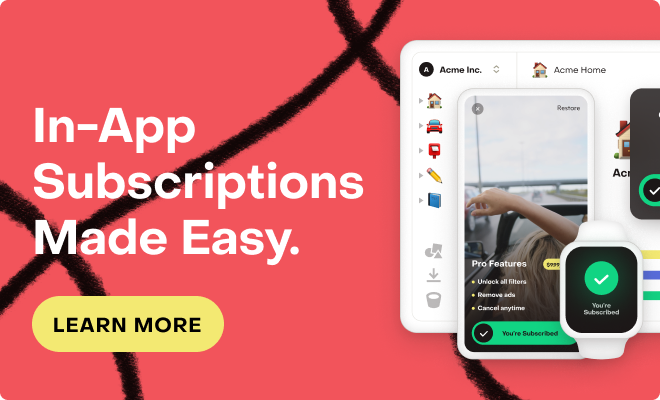Looking at this guide and it makes sense but for data deletion I am still trying to understand what information RC is collecting that I am not providing via the SDK. I do not set any attributes or anything extra. Just the app user id which is a guid. Does anything still need to be deleted from RC when user deletes /requests delete their account?
Also how does this work if user still has active subscription but delete is request and the delete would be made via the RC API?


